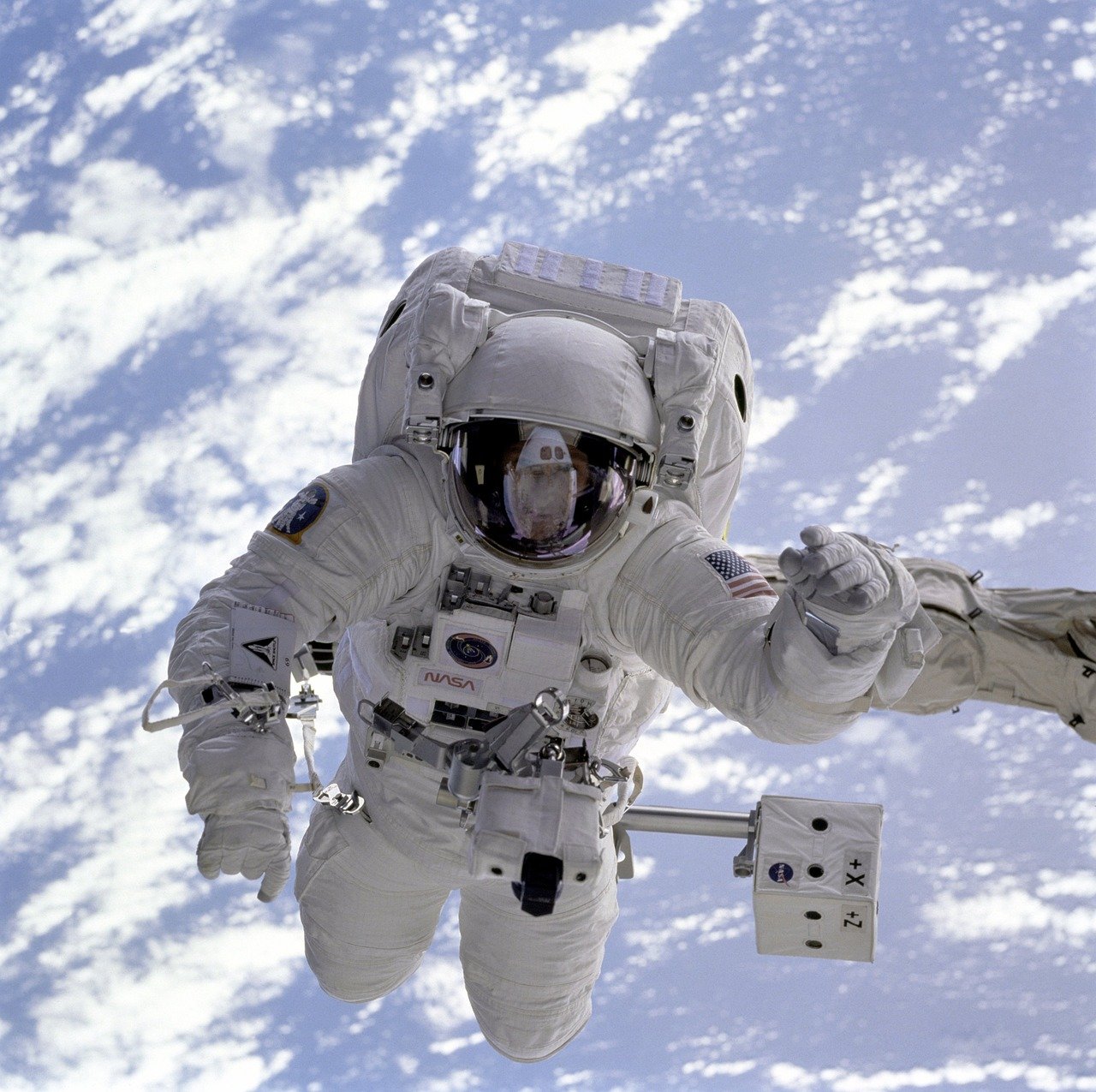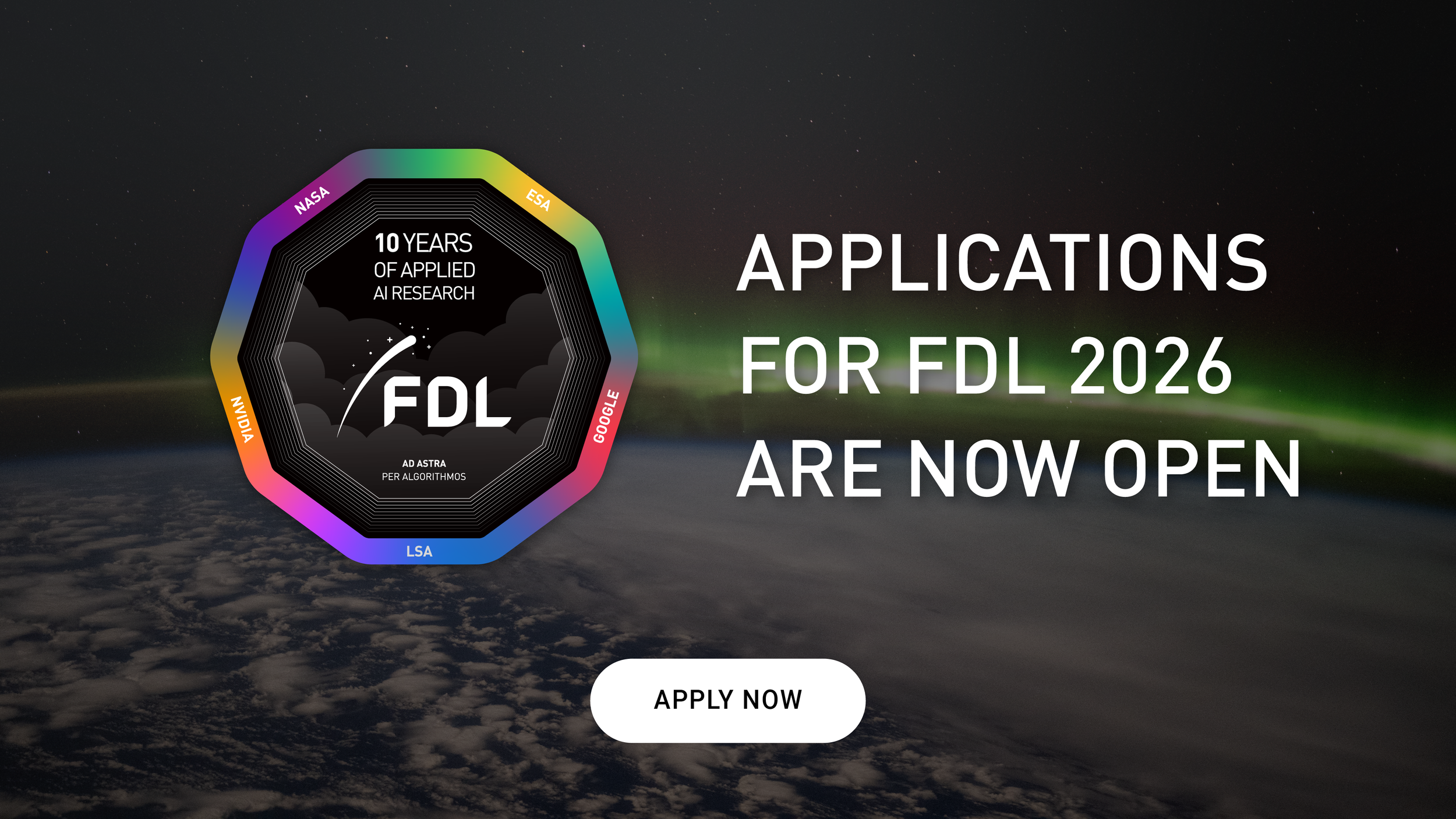
APPLIED AI ADVANCING BIOMEDICINE AND INDIVIDUALIZED MEDICINE TO SUPPORT LONG-TERM SPACE EXPLORATION FOR ALL HUMANKIND
Hacking human genes for the space-age
Astronauts encounter a wide range of health risks in space, and one particularly worrying risk is cancer caused by exposure to space radiation. That’s one reason why Intel is working with Frontier Development Lab, on using machine learning to determine the biological factors that make certain astronauts more or less likely to develop cancer after being exposed to cosmic rays.
Case Study
Astronaut Health: Long duration missions and cancer: a testbed for building causal inference methods
ML can learn to isolate causes of cancer in high-dimensional heterogeneous omics data, and help scientists design early interventions to reduce cancer risk during space missions.
CRISP (Causal Research and inference Search Platform) is designed to enhance current biological and medical research by providing an integrated framework of ML causal discovery methods, applicable to heterogeneous and high-dimensional observational data. For example, in oncology, using a multi-omic colorectal cancer dataset to identify causal drivers differentiating two subtypes of colorectal cancer as well as causal drivers explaining the presence of particular members of the associated microbiome.
Acknowledgments: Mayo Clinic, NASA, the NASA Ames Research, NASA Johnson Space Center, Google Cloud, Intel AI, University of Oxford, DeepMind, Facebook AI Research, SETI Institute and Trillium Technologies.
About FDL Med
FDL MED is an interdisciplinary Phd. and Postdoc level applied artificial intelligence (AI) research program exploring the potential of individualized medicine, omics, federated learning and foundational models to progress research outcomes useful for human space exploration.
FDL MED is an inititive run by Trillium Technologies.
The proven format ensures that AI outcomes are fine-tuned to tackle open biomedical and exploration medicine problems by building interdisciplinary four-person teams of PhD and postdoc level researchers and a faculty of 3-4 domain and ML experts able to address tightly defined challenges which are informed by both deep domain (subject) knowledge and cutting edge understanding of “what’s possible in ML”.
Artificial intelligence (AI) is enabling an exciting new era of these capabilities and FDL MED’s goal is to explore and apply these to problems to help solve some of the biggest challenges that human spaceflight faces. In previous years, we have been leveraging space derived and medical data to accelerate new discoveries tackling a series of high risk/high reward challenges which includes methods for understanding causality, as well as methods to protect patient data to enable and improve diagnosis and support better decisions.
Our faculty are a blend of subject and ML specialists, provide guidance, insight and support to the teams and drive research quality, as well as pushing the teams to more ambitious solutions. External and partner experts, special guests, and reviewers from space agency stakeholders contribute to the understanding of the problem and provide a community of expertise that drives excellence. This combination of curated challenges, close mentorship, community of expertise and an emphasis on rapid prototyping ensures a high success rate for research.
FDL MED’s format also enables rapid iteration and prototyping to create outputs with meaningful application to the space program and astronaut health, with substantial compute resources provided by Google Cloud.
If you are interested in joining the discussion, please email Jodie at jodie@trillium.tech.
Research focus
Solving for the human in Human Spaceflight
There is a key challenge at the heart of human spaceflight: Stress-Related Immune Function
There are numerous areas of space medicine where we can focus. The one which probably has the most relevance to terrestrial medicine is the immune system, which is where FDL MED will center its efforts.
Environments imprint on immune function over time. We are already seeing how pollution is degrading immune function, and climate change and other stressors will only exacerbate this problem.
We are only now getting the longitudinal data to understand the emergent properties of immune function due to external factors. Indeed, approximately 80% of immune efficacy is influenced by non-heritable factors. Human spaceflight is the ideal scenario to understand these processes because of its extreme environmental stressors paired with highly monitored individuals over short-term exposures.
Focus areas
Can we understand the interactome of astronauts?
FDL MED’s goal will be to fully understand innate immunity (rapid response) and adaptive immunity (slow response) and the complex array of variability in genes, proteins, cytokine,phages, T-cells, and gut bacteria involved in fully optimized immune function.
This is an immune fingerprint that maps directly to the immunity clock.
The concept of the immunity fingerprint was developed by our partners www.immunealgorithmics.com/
FDL Astronaut Health Publications
Foundational Architecture Enabling Federated Learning for Training Space Biomedical Machine Learning Models between the International Space Station and Earth - bioRxiv, 19 Jan 2025 doi:https://doi.org/10.1101/2025.01.14.633017 (FDL USA 2021)
Analyzing the Relationship Between Gene Expression and Phenotype in Space-flown Mice Using a Causal Inference Machine Learning Ensemble -
Scientific Reports, 18 Jan 2025 doi.org/10.1038/s41598-024-81394-y (FDL USA 2021)
Prototyping CRISP: A Causal Relation and Inference Search Platform applied to Colorectal Cancer Data - IEEE LifeTech 2021 / NASA HRP IWS 2021 (FDL USA 2020) - research paper award winners for IEEE Lifetech 2021
Generative Models for Synthesizing Symptomatic ECG Astronaut Health Data for Future Deep Space Missions - JPL Data Science & AI Workshop 2021 (FDL USA 2020)
A Generative Machine Learning Framework for Synthesizing Symptomatic ECG Astronaut Health Data - NASA HRP Workshop 2021 (FDL USA 2020)
Advancing Space Science with Machine Learning: Frontier Development Lab Projects with NASA - Nvidia GTC21- Accepted (FDL USA 2019, FDL USA 2019, FDL USA 2020)
Learning Invariant Representations for non-i.i.dFederated Settings - NeurIPS 2021 (FDL USA 2021)
Federated causal inference for out-of-distribution generalization in predicting physiological effects of radiation exposure - AGU 2021 (FDL USA 2021)
Invariant Risk Minimisation for Cross-Organism Inference: Substituting Mouse Data for Human Data in Human Risk Factor Discovery - ArXiv (FDL USA 2021)
Signatures of Life: Learning Features of Prebiotic and Biotic Molecules - 29 October 2022 (FDL USA 2022)
Awards
IEEE LifeTech 2021 Outstanding Paper Awards







